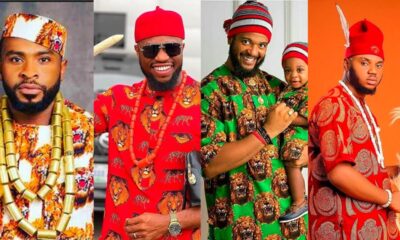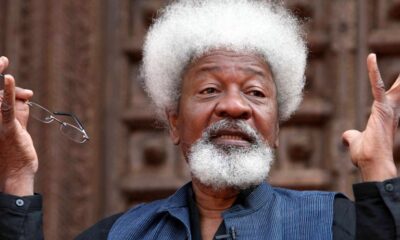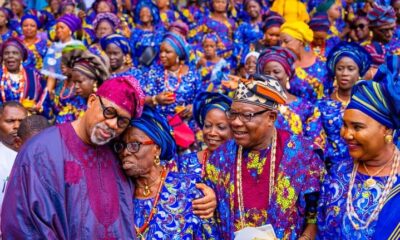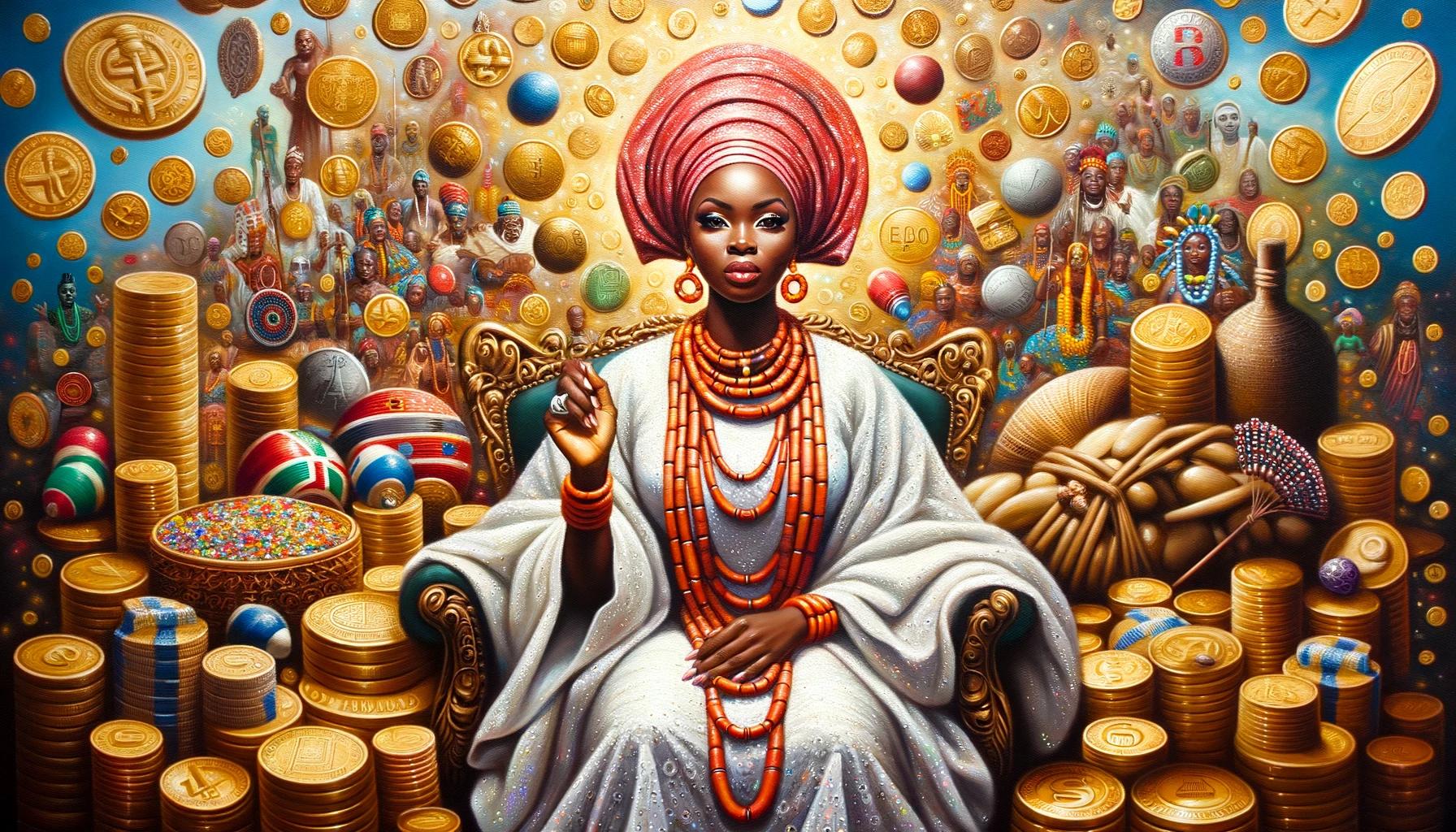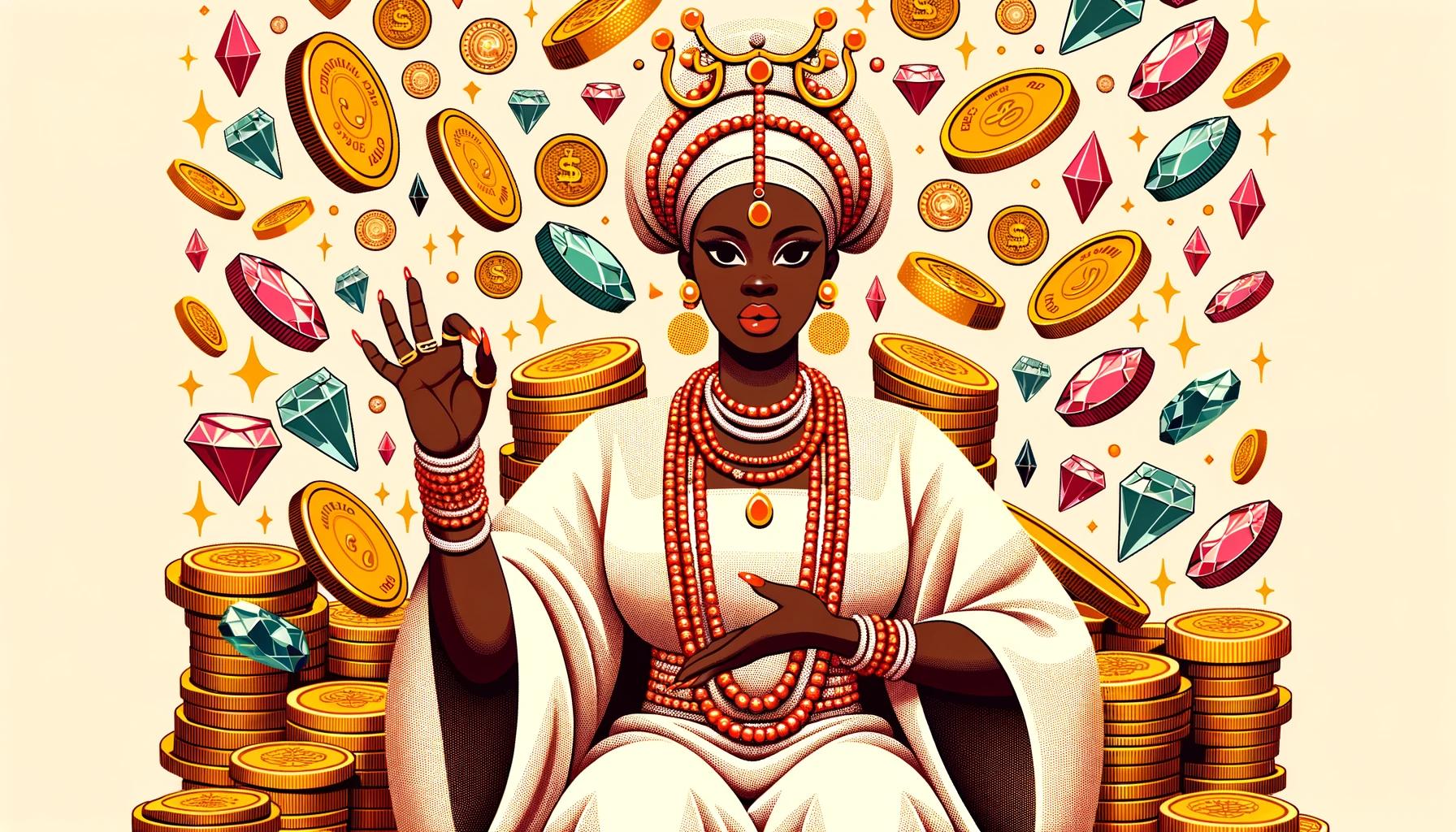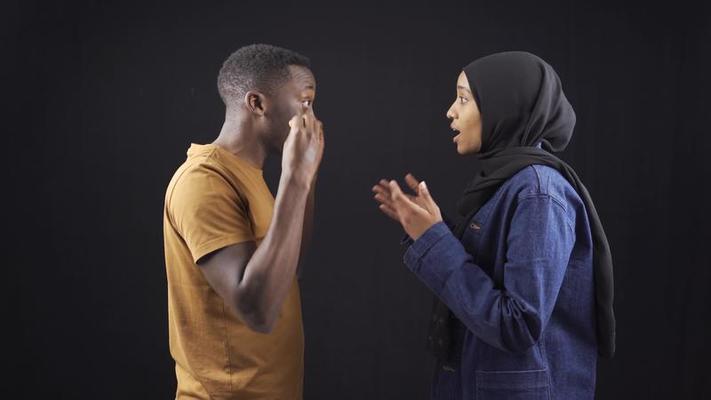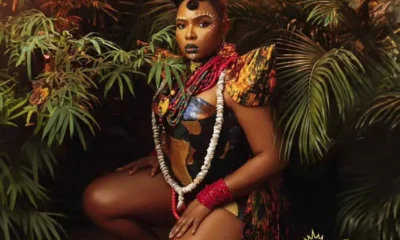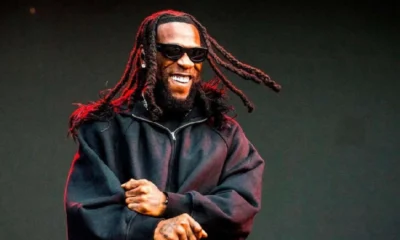Did you know that the history of the Idoma tribe is a fascinating subject that continues to be under scientific investigation? In this article, we will share some well-known facts about the origin and formation of this ethnic group.
The term “Idoma” refers to an ethnic group, a language, and the land where the people reside. The history of the Idoma tribe poses one of the most intricate questions about pre-colonial Nigeria.
Early studies of the Idoma origin link the tribe to an ancient ethnic group known as Akpoto (or Okposo). According to Samuel Ajayi Crowther, this ethnic group is now extinct, and it once occupied the majority of the land currently inhabited by the Idoma, Igala, and Igbira.
The theory surrounding the connection between Akpoto and the Idoma is still a subject of ongoing research, with scholars diligently examining the available evidence.
Akpoto people, according to J. N. Ukwedeh, held a substantial influence in the formation and development of the Idoma, Igala, and Ebira groups, occupying a significant portion of the Niger-Benue confluence area. The term “Akpoto” remains somewhat ambiguous, merely describing the people of the Ankpa region in the Eastern marches of Igalaland.
Another perspective suggests that the Idoma group traces its origins to Apa (Beipi), the capital of Kwararafa, a confederacy that was under the rule of Abakpawariga until the fifteenth century. Kwararafa existed within the Benue Valley area, and the Idoma group was undoubtedly one of the many tribes within the Confederacy.
According to Idoma tradition, the group left Apa due to increasing insecurity and persistent warfare in the kingdom. The period between 1476-1503 saw large-scale migration within Apa society, involving tribes such as the Idoma, Igala, Ebira, and others.

Documents and oral tradition indicate that in the early sixteenth century, the Idoma tribe began to expand across large areas of Lower Benue. Consequently, the tribe became widespread in the territory now inhabited by the Tiv, Igala, and modern Ebira.
Within Idomaland, internal migration occurred, leading to the formation of smaller groups such as Igede, Akweya, and Ufia, resulting in micro-nationalities within the Idoma territory. By the end of the eighteenth century, researchers confirmed that the tribe had firmly established itself in its current location. During this period, the tribe developed its own political, social, religious, and economic ideologies.
Considering all the evidence regarding the origin and history of the Idoma people, it can be concluded that the ancient Idoma were part of a significant migration from the Ape kingdom, ultimately settling in their present location.
Get the latest & greatest updates right away! Join our exclusive WhatsApp Channel & never miss out on exciting news again.
Interesting Facts About Idoma Tribe
1. Cultural heritage.
It is evident that the Idoma culture stands as one of the most captivating cultures in the country. The members of this tribe take great pride in their native heritage, diligently preserving numerous ancient traditions. This commitment has resulted in the development of unique artistic expressions, tales, music, beliefs, and various other cultural elements.
2. Steadfast locations.
The Idoma ethnolinguistic group primarily resides in the western areas of Benue State, but traces of Idoma culture can also be encountered in regions such as Nassarawa and Cross Rivers States.

3. Central to the Idoma people’s beliefs is the ‘Alekwu spirit‘.
While many ethnic groups in the country have been significantly influenced by Christianity or Islam, the majority of Idoma individuals remain steadfast in their devotion to the ‘Alekwu spirit’. They annually celebrate a vital religious event known as the ‘Aje Alekwu‘ festival.
4. Distinct Idomoid languages.
The Idoma people communicate through their distinct language, classified as one of the Akweya subgroups of the Idomoid languages within the Volta-Niger family. Currently, the tribe comprises approximately 3.5 million people, and their language encompasses various dialects. These dialects include:
- ‘Western Idoma’, spoken in Ogbadibo and Okpokwu local government areas.
- ‘Northern Idoma’, is used in the Apa and Agatu regions.
- ‘Central Idoma’, employed by the Ohimini and Otukpo people.
- ‘Southern Idoma’, predominantly spoken by Ado communities.
- 5. Fascinating history.
The Idoma tribe boasts a captivating history, contributing to the development of a vibrant and culturally rich heritage. Recognizable by their distinctive clothing adorned with red and black stripes, the Idoma people are renowned nationwide for their traditional dance, Ogirinya.
Researchers posit that the tribe’s ability to maintain and safeguard its cultural practices is largely attributed to its religious beliefs. As previously mentioned, the Idoma ethnic group has successfully preserved a system of traditional beliefs, ensuring the integrity of a substantial cultural legacy that persists to this day. Ongoing scientific exploration into the tribe’s history and origin promises the emergence of fresh and intriguing data in the future.
Get more articles here.

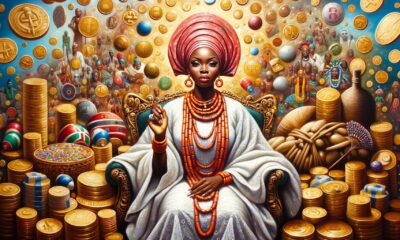
 ARTS & CULTURE6 days ago
ARTS & CULTURE6 days ago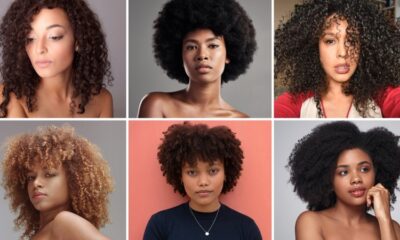
 BEAUTY5 days ago
BEAUTY5 days ago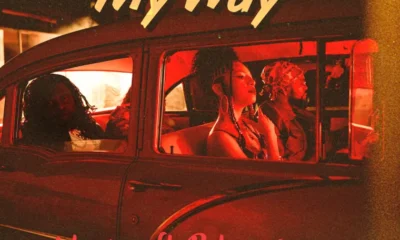
 FAB FRESH4 days ago
FAB FRESH4 days ago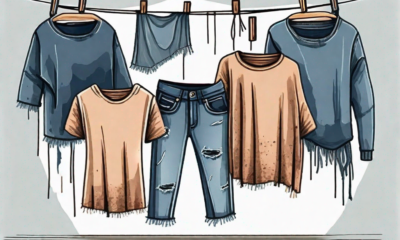
 FASHION7 days ago
FASHION7 days ago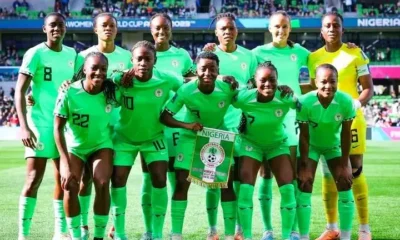
 SPORTS3 days ago
SPORTS3 days ago
 FASHION6 days ago
FASHION6 days ago
 HEALTHY LIVING5 days ago
HEALTHY LIVING5 days ago
 OPINION6 days ago
OPINION6 days ago







